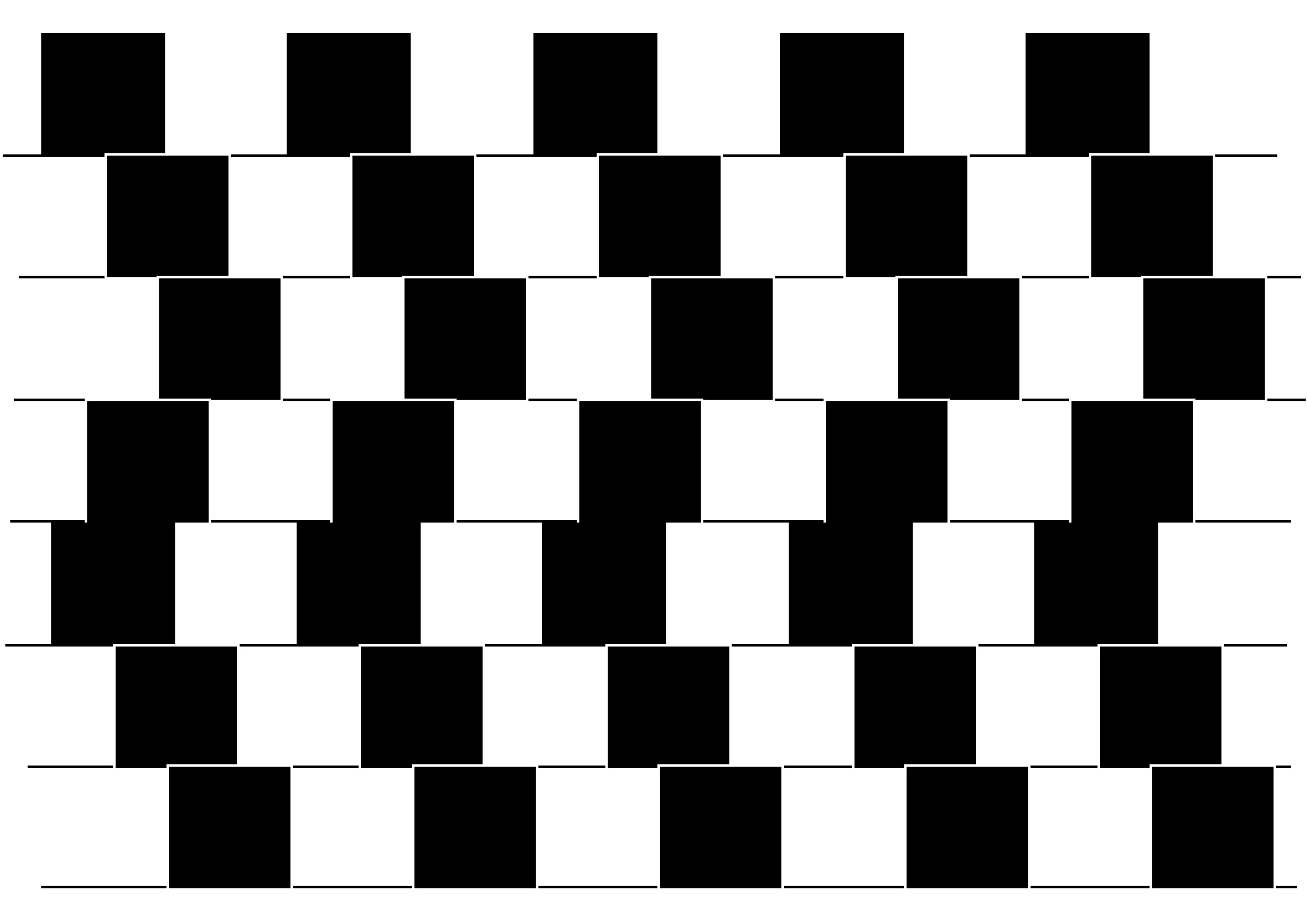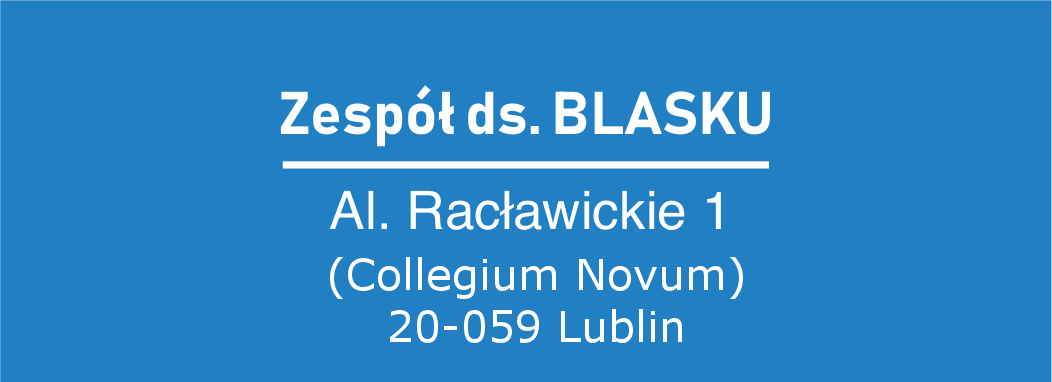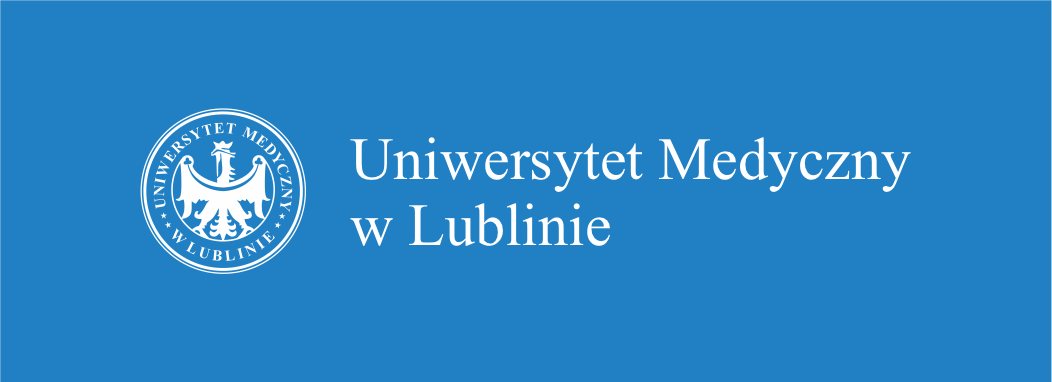Informator uniwersytecki
Hypothesis-driven research
While this is the textbook slogan of how science should be performed, and there are blind zealots reminding us about it because they have read it in “how to do science for dummies”, here a little warning.
Let’s go back in time to describe a fundamental problem with it.
Greek philosophers had a bunch of hypotheses, after all a Greek word. For example, the role of testes (testicles – not a Greek word) was to pull down the vocal cords - a young child has a thin voice while a man, with descended testicles, has a deeper voice - just like tightening the strings of a violoncello. They also believed that asymmetry and size of the testes was due to their contents: boys (in the larger) and girls (in the smaller). They were so obsessed about it that their sculptures have the wrong asymmetry - www.nature.com/articles (more here: www.ucl.ac.uk - Laterality-ScrotalAsymmetry). Of course you might now think that this in non-sense, but it took all the way to the 19th and 20th centuries to prove that such hypotheses were total nuts (pun intended).
And in the 19th century things were not that great either. The “fathers” of French anthropology (Georges Cuvier and Paul Broca) spent decades also “proving” their hypotheses: that the white “race” was superior and so were men to women. For much of that century their claims were completely unchallenged. In fact, large part of the research on racism, nationalism and sexism - not only by the Nazis – has been fuelled by “predetermined expectations”, in other words “hypothesis-driven prejudice research”.
When the French scientist, Jacques Benveniste, sent one of his papers to Nature in 1988 claiming that a colossal dilution of an antibody, to degrees where no even a single molecule could be present, could still provoke an immune cell response, Nature (the journal) decided to send a team to investigate such claims - as if true, they would be the long-sought extraordinary evidence for homeopathy. The team by Nature was also extraordinary, within the team, unknown to Benveniste, was a magician – yes, a practitioner of the magical arts (no, we do not burn them at the stake any more). The magician was James Randi, who, together with the other two investigators, showed that the claim that water has memory is ”a delusion” (www.nature.com - articles). BTW, Randi also created the 1 million dollar prize (1996-2015) for anybody who could prove the supernatural – never awarded to anybody for rather obvious reasons.
The problem is not to have a hypothesis, the problem is to become completely bias by it. It is trying to prove something (hypothesis-based) that it is just not there. And there is nothing more dangerous to science than having a bad hypothesis. This is further aggravated when you do not have the tools (methods, equipment, knowhow) to solve the issue – I have already written about equipment, methods & techniques earlier.
And there is plenty of research that is not, and should not, be hypothesis-driven. Here some examples:
- Genome sequencing – it is irrelevant what our expectations are, there is what there is, at most we can “hypothesise” that there will be lots of A, G, C and Ts. Indeed, when the human genome project was on the way, it was predicted (hypothesised) that humans would have 100-120 thousand genes since we are “far more complex” than Drosophila (15,000) and mice (24,000). Yet, we were once again thinking we are at the top of the evolutionary chain – we actually have around the same amount (or less) of genes than mice.
- Electron-microscopy, and now cryo-EM, crystallography images… what is there? No hypothesis and there is no need.
- How about high-throughput screening? – can we call “hypothesis” to expect that one molecule in a 3,000,000 compounds library might hit a cellular target?... perhaps “hope” is a better word here.
- Gene KOs, no matter what expectations, the phenotype of the KO organism is what matters.
- Genome-wide targeting pooled libraries, random mutagenesis, in vitro evolution… just to name but a few.
Most serendipitous discoveries such as transposons, penicillin, the kitchen microwave, x-rays, LSD or viagra would have never been discovered in a purely hypothesis-driven research.
The message is simple, do not fall in love with your hypothesis, keep your eyes open, observe, test, and try to shoot down the hypothesis in all possible angles… have a good aim (pun intended).
I suggest that instead of trying to prove your hypothesis, you try to disprove it, if it stands then it is a good one. Or how about having 2-3 different hypotheses contradicting each other instead?.
Just to be clear, we do need to justify why we do whatever we are doing (have aims), but question everything. Be aware that we can all be deceived, as during a magician’s performance or when looking to an optical illusion (see figure). In the times of fake news and misinformation, this is also important in our daily lives. Just last year, I read that some president claimed (without evidence) that he “won the election”, while some Polish “Professor” claimed (without evidence or knowledge) that the mRNA vaccine to COVID19 can self-replicate and integrate into the genome – along with another bunch of fantasies on plants and cats. These people unintendedly make me laugh - they lack any wit to have a true sense of humour - but it is ludicrous that some people do believe them and the consequences of such. Which reminds me of some Flat Earth (hypothesis-based) Society that claims to have “over 2 million followers around the Globe”.

Optical illusion: do you see rows of crooked lines?. They are parallel to each other and completely straight. Take a ruler and check it out.
BTW, the difference between a theory and a hypothesis is that the first is based on evidence, while the latter can be just a wishful thought. Right now, I cannot remember why I wrote all this… I must be dehydrated.
Adolek.
In memoriam James Randi (www.nature.com)
PS. The homeopathy aficionados always tell that they lack funding to prove it works, they seem to forget that during the Nazi regime, they had full national(ist) support – drink water from the Elbe and see if that brings back some memories.
Did you liked it?
Check Adolek's previous articles:
DO NOT LET ANYBODY SHATTER YOUR DREAMS
WHERE IS ALL THE EQUIPMENT?
A LIFE IN SCIENCE







